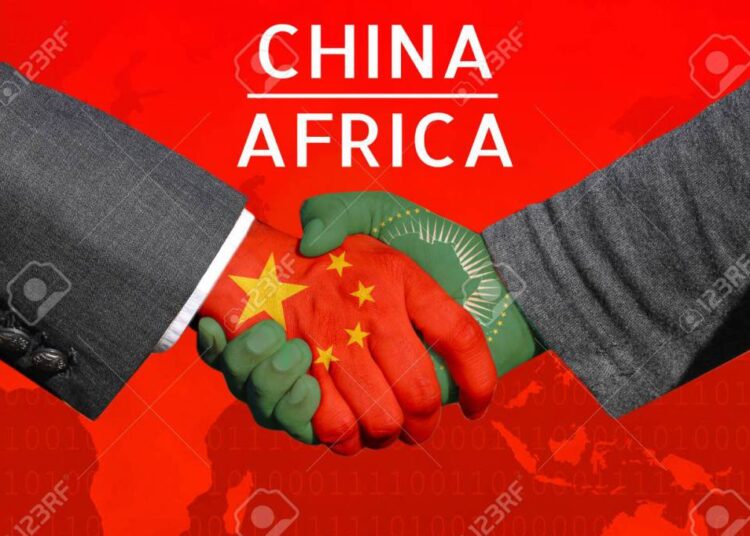Chinese private sector ‘too slow’ in bringing benefits to Africa
China’s rise as the biggest trading partner for Africa is being negated by a ‘slow’ transfer of benefits to the continent by the private sector players, a new situational report says.
The Chinese investors, mainly state-owned, have been penetrating Africa since 2003, turning China from a minute contributor to Africa’s economy to one of the biggest.
According to the China-Africa Business Council, a body that monitors China-Africa cooperation, Beijing’s investments in Africa reached just about $45 billion before the start of the Covid-19 pandemic in 2020. That amounted to 5 percent of total foreign investments in Africa and making China the fourth biggest investor just behind the European Union, UK and the US.
But critics say the volume of that input has been taking long to actually reach ordinary folk, making it a paradox of rising private sector investments in Africa.
“It is also being claimed that private sector companies have an important role in the transfer of skills, knowledge and technology to Africa, while upholding the dignity of African labour.
“On the contrary, it has been observed that Chinese PSCs do not source from local firms, employ few Africans and have poor track record in respect for labourers as well as the environment,” says a report by think-tank Geopolitica¸ titled ‘Chinese private sector in Africa: a developmental paradox.’
Also Read: China boasts about its ‘influence’ in Africa
The paradox, argues the report’s author di Valeria Fabbri, comes in the way Chinese firms operate. According to the China-Africa Business Council, despite Covid-19, China’s stock of direct investment in Africa should be beyond $56 billion by now.
Most of the firms have brought some benefits, such as hiring most staff from local populations. An earlier McKinsey and Company study, in fact, found that nine in ten employees of those companies were African and up to 65 percent of the firms had some training of locals or had helped lower cost of products.
But the report titled ‘The Closest Look Yet at Chinese Economic Engagement in Africa’, suggested that most of the Chinese firms in Africa were clandestine or unregistered, suggesting dodgy operations.
In some countries like Kenya, South Africa, Angola, Tanzania and Cote d’Ivoire, as many as half of the Chinese companies operating there had not been captured by China’s own Ministry of Commerce.
Moreover, less than half of the companies were sourcing raw materials from local suppliers, less than half of them had employed Africans in top management and some did not consider environmental conservations.
“It needs to be noted that contrary to China’s claims having always stood against exploitation, its companies are exploiting Africa and its inhabitants blatantly by pushing the local entrepreneurs to the margins,” observes Fabbri, calling for African countries to tighten checks.
In January, China launched a policy paper on objectives in investing on the continent. Beijing has diplomatic representations with most of the countries and said in the paper that “encourages and supports Chinese enterprises’ investment and business in Africa, and will continue to provide preferential loans and buyer credits to this end.”














